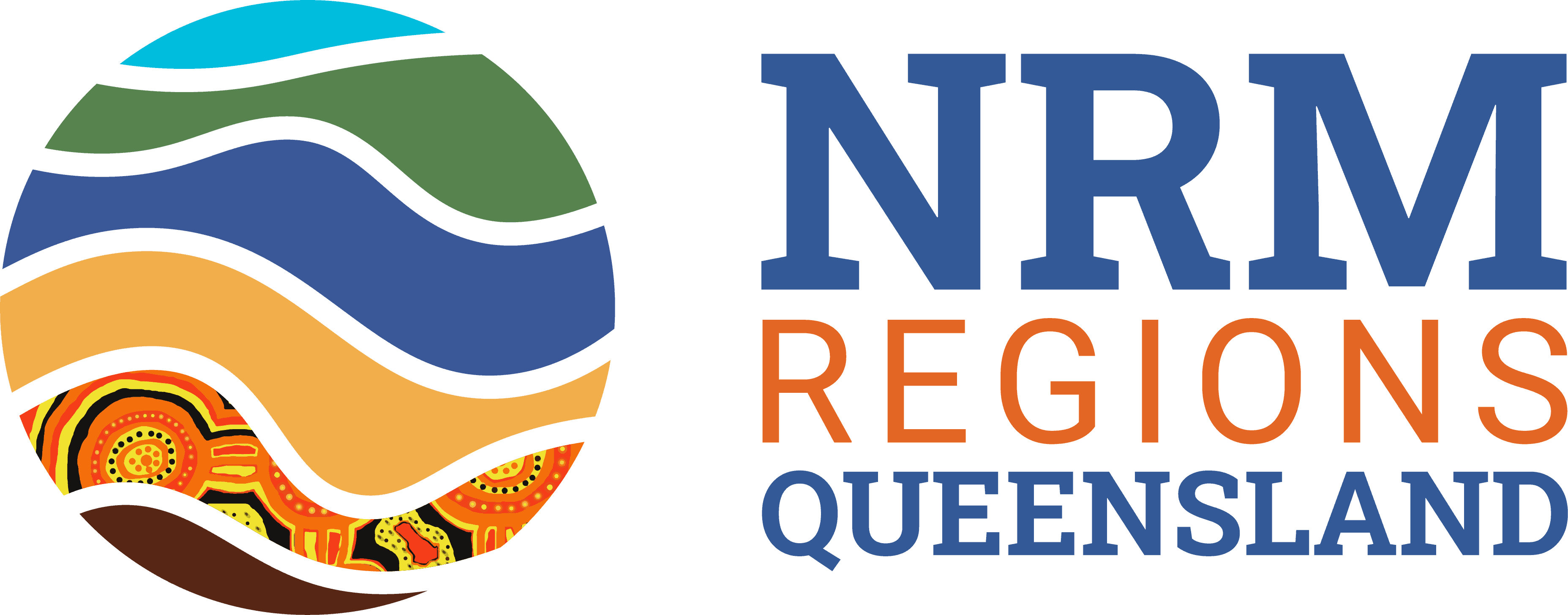How we communicate about natural resource management is critical for both behaviour change and policy change.
In 2021, the Queensland Government invested $500,000 to support NRM Regions Queensland capture data about the impact of the sector’s work. As well as quantifying the socio-economic impact of Queensland’s 12 regional NRM organisations, we also captured data around our customers and clients.
Articulous was commissioned by NRMRQ to undertake in-depth stakeholder interviews about natural resource management in Queensland. The purpose of this research was to provide recommendations on how to tell a compelling story about natural resource management.
59 interviews were undertaken with decision makers, policy makers, peak body representatives and customers (defined as those who receive funding or services from regional organisations). A literature review was also undertaken.
The market research findings paint an interesting picture about people’s perceptions of the benefits of NRM as well as how stakeholders access information about natural resource management.
Stakeholders agreed that natural resource management benefits everyone, regardless of geographical location and also delivers a wide range of benefits such as environmental, agricultural, economic and social.
There was also a high level of agreement for the need to attract interest and enthusiasm for NRM from a wider audience.
We know that one of the ways we can attract great interest and enthusiasm in natural resource management is by telling more compelling stories about the need for better land and water management as well as the positive solutions people are already implementing. And that’s one of the reasons why this market research specifically asked people how they access information about NRM.
The research showed that customers currently engaged largely access their information via online sources, workshops and events and networks. In a sector first, we also consulted customers who had never been engaged with regional NRM organisations where they get their information with results showing they preference online sources, print media, workshops and courses and property visits.
Decision makers were found to source information about NRM online, through networking and community meetings, social events and newsletters from peak bodies and think tanks.
You can view an infographic summarising key findings from this market research in NRM here.
You can also read more about the other research which took place as part of this comprehensive analysis of the impacts of natural resource management in Queensland here.
